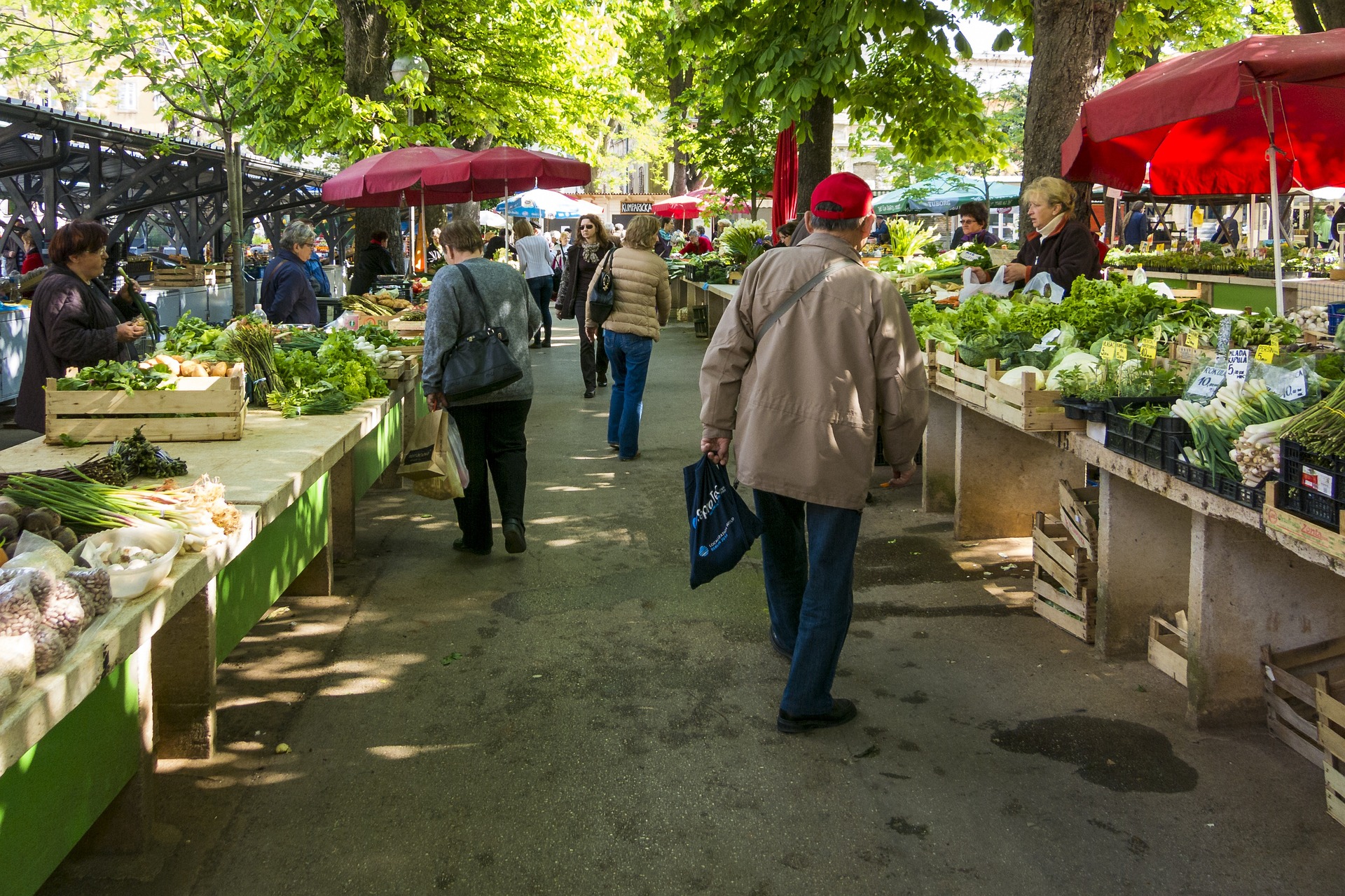Neolocalism: Rediscovering Community in a Globalized World
In an era of rapid globalization and digital connectivity, a counterintuitive trend is emerging: neolocalism. This movement seeks to rekindle connections with local communities, traditions, and economies. Read below to explore how neolocalism is reshaping our social landscape and challenging the narrative of an increasingly homogenized world.
At its core, neolocalism represents a push against the homogenizing forces of globalization. It’s a conscious effort to reconnect with local heritage, support local businesses, and foster a sense of place-based community. This movement manifests in various ways, from the popularity of farmers’ markets and craft breweries to the rise of hyperlocal news platforms and community-supported agriculture.
The Digital Paradox
One of the most intriguing aspects of neolocalism is its relationship with technology. While digital platforms have been criticized for eroding local ties, they’re also playing a crucial role in facilitating local connections. Social media groups dedicated to neighborhood events, local buy-and-sell platforms, and apps that promote local businesses are all examples of how technology is being harnessed to strengthen local bonds.
This digital-local fusion represents a new form of community engagement, one that leverages global connectivity to enhance local experiences. It’s a prime example of how neolocalism isn’t about rejecting modernity, but rather about finding ways to root ourselves in an increasingly mobile and digital world.
Economic Implications
Neolocalism has significant economic implications. The “buy local” movement, a key component of neolocalism, encourages consumers to support local businesses over large chains or online retailers. This shift in consumer behavior can have profound effects on local economies, potentially leading to more resilient and diverse economic ecosystems.
Research has shown that money spent at local businesses tends to circulate within the community more times than money spent at chain stores, a phenomenon known as the local multiplier effect. A study by the New Economics Foundation found that every £1 spent with a local supplier is worth £1.76 to the local economy, compared to just 36p when spent with a non-local business.
Cultural Renaissance
Another significant aspect of neolocalism is its impact on cultural expression. As people seek to reconnect with their local heritage, there’s been a resurgence of interest in local traditions, dialects, and art forms. This cultural renaissance is not about reverting to the past, but rather about reinterpreting local heritage in a contemporary context.
For instance, in the culinary world, the farm-to-table movement has sparked a renewed interest in regional cuisines and forgotten ingredients. Similarly, local music scenes are thriving, with artists drawing inspiration from their local surroundings and traditions while incorporating modern styles and techniques.
Environmental Considerations
Neolocalism often aligns closely with environmental concerns. The emphasis on local production and consumption can lead to reduced transportation needs, lower carbon emissions, and more sustainable resource use. Community gardens, local food systems, and urban farming initiatives are all examples of how neolocalism intersects with environmental sustainability.
Moreover, a stronger connection to one’s local environment often fosters a greater sense of stewardship. People who feel deeply connected to their local landscapes are more likely to engage in conservation efforts and support sustainable practices.
Challenges and Criticisms
While neolocalism offers many potential benefits, it’s not without its challenges and criticisms. One concern is that an overemphasis on localism could lead to insularity and xenophobia. There’s a fine line between celebrating local identity and rejecting outside influences, and neolocalism must navigate this carefully.
Another criticism is that neolocalism can sometimes be exclusionary. Local products and experiences are often more expensive than mass-produced alternatives, potentially creating a divide between those who can afford to “buy local” and those who can’t.
The Future of Neolocalism
As we look to the future, neolocalism is likely to continue evolving. The COVID-19 pandemic has accelerated many neolocal trends, with people spending more time in their local communities and seeking out local experiences and products. This shift may have long-lasting effects on how we view our relationship with place and community.
The challenge moving forward will be to balance the benefits of global connectivity with the richness of local experience. Successful neolocalism doesn’t mean rejecting the wider world, but rather finding ways to root ourselves more deeply in our immediate surroundings while remaining open to global perspectives and innovations.
In conclusion, neolocalism represents a significant shift in how we think about community, identity, and place in the 21st century. By fostering stronger local connections, it has the potential to create more resilient economies, vibrant cultures, and sustainable practices. As we navigate an increasingly complex and interconnected world, the principles of neolocalism offer a compelling vision for how we might build more meaningful and grounded lives.







